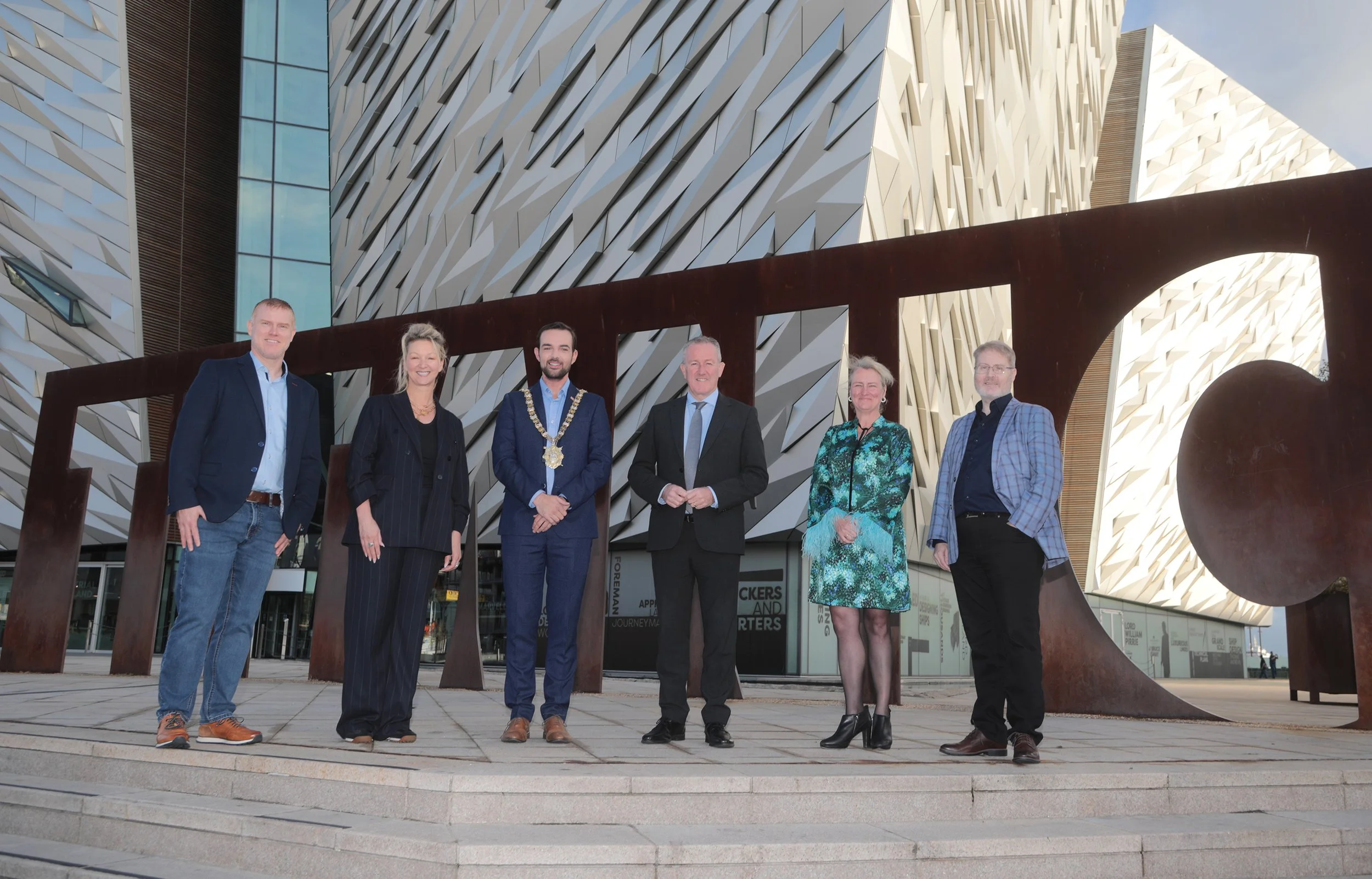Chancellor of the Exchequer Rachel Reeves MP has today unveiled the newly elected Labour Government’s first Budget since 2009. She has become the first woman to do so. The Budget has come after the new Government has found itself in a particularly difficult economic situation, with the Chancellor stating that her party inherited a £22billion black hole from the previous Conservative Government.
Due to this, the Chancellor announced that taxes will rise by £40billion to rebuild public services and restore stability in the UK’s public finances.
Find below a summary of the key measures announced by the Chancellor.
Northern Ireland
The Chancellor announced that her Government will “proceed with” the Causeway Coast and Glens and Mid-South West Growth deals in Northern Ireland.
£1.5billion of funding will be allocated to the Northern Ireland Executive in 2025/26.
The Budget therefore indicates that the NI Executive’s Budget for 2025/26 will be £18.2billion, an increase of 1.3% on 2024/25.
£1.3billion of grant funding will be allocated to local government to deliver essential services, including social care and homelessness.
Tax
The freeze on Income Tax thresholds will not be extended beyond 2028, with tax thresholds to be uprated in line with inflation from 2028/29.
National Insurance, VAT and Income Tax will not increase for employees.
Capital Gains Tax on shares is to be increased from the lower rate of 10% to 18% and for the current higher rate of 20% to increase to 24%.
Stamp Duty for second homes is to increase to 5% from October 31st 2024.
The Fuel Duty freeze will continue into next year.
The non-dom tax regime will be abolished.
The Government is increasing the windfall tax on the profits oil and gas firms make in the UK – from 35% to 38% on 1 November.
The freeze on Inheritance Tax thresholds will be extended until 2030. Agricultural and Business Property Relief will be reformed from April 2025.
Minimum Wage
The minimum wage for over 21s, known as the National Living Wage, will increase by 6.7%, from £11.44 to £12.21 from 1 April 2025.
For 18- to 20-year-olds, the minimum wage will increase from £8.60 to £10.00.
Apprentices will also see a wage increase, from £6.40 to £7.55 an hour.
National Insurance
Employer National Insurance contributions (currently 13.8%) are to increase to 15% from April 2025.
The salary threshold where employer National Insurance contributions begin will be reduced to £5,000 per year.
The Employment Allowance for small businesses will be increased from £5,000 to £10,500.
State Pension
The state pension is set to rise by 4.1% from 1 April 2025. This is an increase of £460 a year.
Healthcare
There will be a £22.6billion of day-to-day funding for the Department of Health, including a £3.1billion increase in the capital health budget.
£1.57billion of funding has been announced for NHS diagnostic centres and surgical hubs.
Duty on draft alcohol will be cut by 1%. Alcohol duty rates on non-draught products will increase in line with RPI from February 2025.
The Government will renew the tobacco duty escalator meaning that taxes on tobacco products will rise by the Retail Price Index (RPI) plus 2%. Duty on hand-rolled tobacco will increase by 10% and a flat-rate duty on all vaping liquid will be introduced from 2026.
Housing
The Government confirmed a £500million top-up to the £11.5billion Affordable Homes Programme. This will help to build up 5,000 new affordable homes.
The Treasury confirmed a new five-year social housing rent settlement to give the sector “long-term certainty on funding” and allow it to invest in new homes.
The Chancellor also confirmed £128million of funding to support the delivery of new housing projects, including £25million for a public-private partnership to build 3,000 eco-homes.
Defence
£2.9billion of funding has been announced for the armed forces. This has led to defence spending as a percentage of GDP falling slightly, due to updated growth forecasts.
£3billion of funding each year has been allocated for military support for Ukraine for “as long as it takes”.
Funding will also be allocated for the 80th anniversary of VE and VJ days in 2026.
Transport
The Chancellor announced that the long-delayed HS2 project will go to Euston.
The single bus fare cap applied to many routes in England will be raised from £2 to £3. The existing cap was due to expire at the end of December, but has been extended, at £3, to the end of 2025.
The Chancellor stated that Air Passenger Duty has not kept up with inflation, and so an increase of no more than £2 will be introduced for short-haul economy flight. Air Passenger Duty for private jets will be increased by a further 50%.
Education
The Government has said VAT will be added to private school fees from 1 January.
£1.4billion has been allocated to “ensure the delivery” of the School Rebuilding Programme introduced by the previous Conservative Government.
The Chancellor also announced that she would triple investment in free breakfast clubs to £30million in 2025-26.
£6.7billion of capital investment will be allocated to the Department of Education.
£1.8billion has been earmarked for the expansion of Government funded childcare, with a further £15million of capital funding for school-based nurseries.
Disabilities
£240million of funding has been announced for work, health, and skills support for disabled and sick people.
The salary threshold for carers’ allowance is set to rise from £151 a week to £181.
Energy and Net Zero
The Government will maintain existing incentives for Electric Vehicles in company car tax from 2028.
There will be increased investment in carbon capture and storage, including funding for 11 new green hydrogen projects.
GB Energy will be established in Aberdeen in 2025.
Growth
The Chancellor has published a detailed assessment of Labour's policies for the next decade. She stated that real GDP growth will be:
1.1% in 2024
2.0% in 2025
1.8% in 2026
1.5% in 2027
1.5% in 2028
1.6% in 2029











